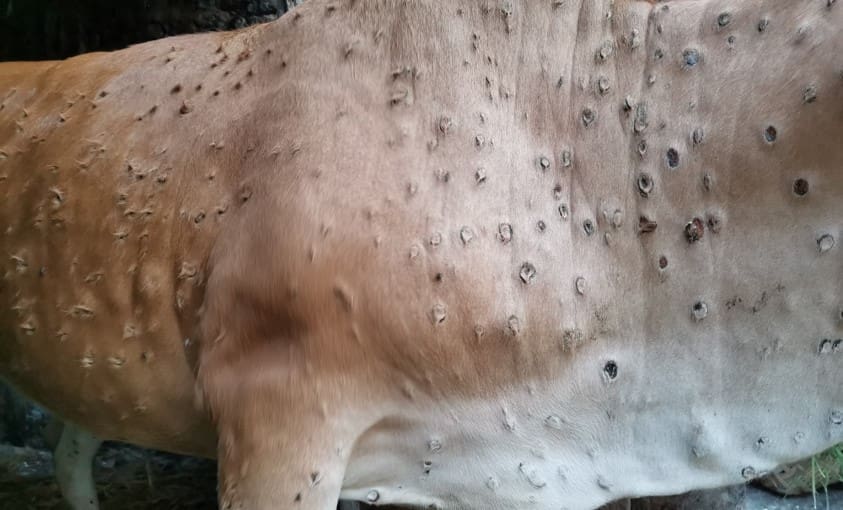THE Cattle Council of Australia (CCA) Policy Council and Board will meet in Canberra this week to discuss what the organisation has described as ‘the most important biosecurity policy decision the livestock industry has faced in decades’.
 Enhancing the grass-fed cattle industry’s biosecurity to help prevent an incursion of Lumpy skin disease (LSD), as well as response strategies for control and eradication, will be the key topics of discussion.
Enhancing the grass-fed cattle industry’s biosecurity to help prevent an incursion of Lumpy skin disease (LSD), as well as response strategies for control and eradication, will be the key topics of discussion.
CCA President Markus Rathsmann said the AUSVET Plan, a nationally agreed approach to respond to an incident of LSD in Australia, would be integral to this response.
“The industry’s response to LSD will be the most crucial biosecurity policy decision our livestock industry has faced in decades,” Mr Rathsmann said.
“An incursion of LSD would shut down much of our live export and boxed beef markets.
“We are working with our state farming organisation members, particularly in Northern Australia, to develop strategies to prevent an incursion.
“Capripoxvirus or POX virus, commonly known as Lumpy skin disease, is a devastating disease that will have huge implications for animal health, welfare and production, as well as impacting the entire beef supply chain. The virus is spread by biting insects and has the ability to travel on the monsoon to Northern Australia similar to the blue tongue virus.
“The beef industry is the driving force behind a red meat industry producing $40 billion annually, with value-added industry turnover in excess of $75 billion.
“The red meat livestock industries are the fabric of regional Australia which employ over 450 thousand people.
“The disease will have a devastating impact on the cattle industry and the businesses and communities that rely on it.
“The Beef industry welcomes the recent announcement by Minister Littleproud of $61 million to boost biosecurity across northern Australia as well as providing financial and technical assistance to our closest neighbour Indonesia to help stop and slow the disease from getting to Australia.”
Mr Rathsmann called on State Governments to step up and acknowledge the serious threat this disease poses.
“They too need to invest and upgrade state biosecurity services,” Mr Rathsmann said.
“In the past 10 years, the disease which originated in Africa, has spread through eastern Europe and very recently through much of Asia, including Indonesia.
“The Biosecurity measures that have protected our livestock industries from diseases such as foot and mouth disease are not effective in the control and spread of LSD and will not be able to protect us.
“Vaccination has to date proved to be the only effective method of control.
“There is a high risk to our cattle industry, and we need to take immediate action and prepare. You don’t wait until it rains to fix the leak in the roof.
“If we don’t act now, it’s not a case of if we get the disease, but when.”
Source: Cattle Council of Australia
